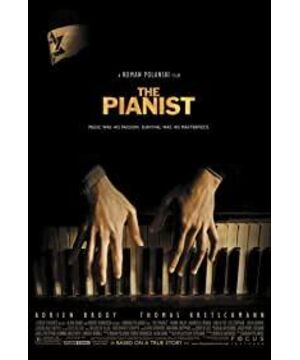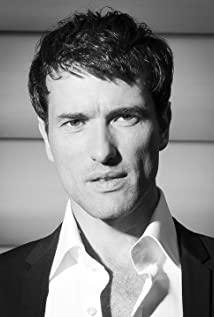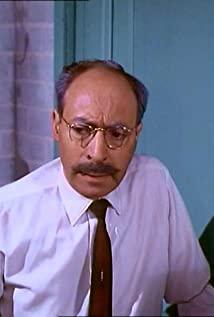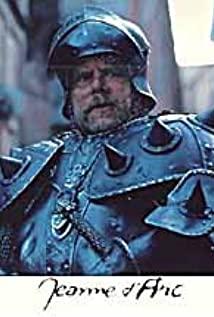Of course, at the end of the film, when the pianist played on Polish radio, the tears in his eyes could also fully express his hatred for the war and his joy at the end of the war. , as well as the nostalgia for family/relatives, and the longing for a new life. (It's so touching...)
Another: At the end of the film, the pianist was holding the can in his hand, I don't know if everyone noticed - in that section, he always held the can in his hand, Hehe, the obvious meaning, the preciousness of life, can be reflected once again.
Want to watch it again!
View more about The Pianist reviews











